Automation plays a crucial role in modern packaging operations, particularly when handling sensitive or high-volume chemical products. Whether for powder, liquid, or granule materials, investing in robust industrial packaging solutions ensures product integrity, operational efficiency, and compliance with safety standards.
From advanced filling systems to integrated robotic arms, chemical packaging automation provides a streamlined process tailored to the most demanding industrial needs.
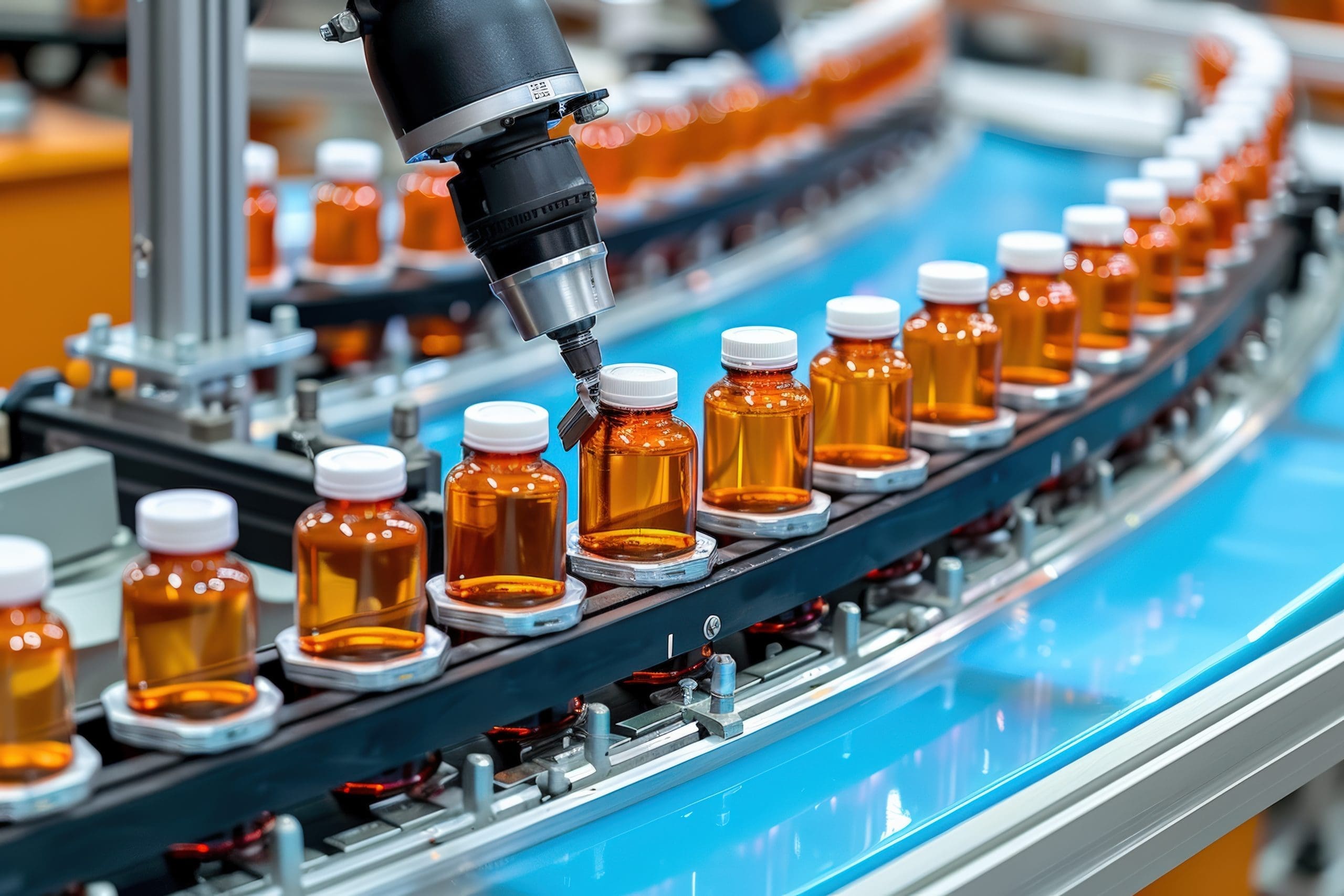
Industrial packaging automation refers to the use of specialized equipment to handle, fill, seal, label, and palletize products without manual labor. In the case of chemical packaging, automation must also account for variables such as corrosion resistance, temperature sensitivity, handling of hazardous materials, and stringent regulatory controls such as explosion proof or Rev 1 Dev 1.
These systems are designed to handle a wide range of materials, including powdered compounds, liquid chemicals, corrosive agents, and industrial solvents. Solutions may be standalone or fully integrated into existing production lines.
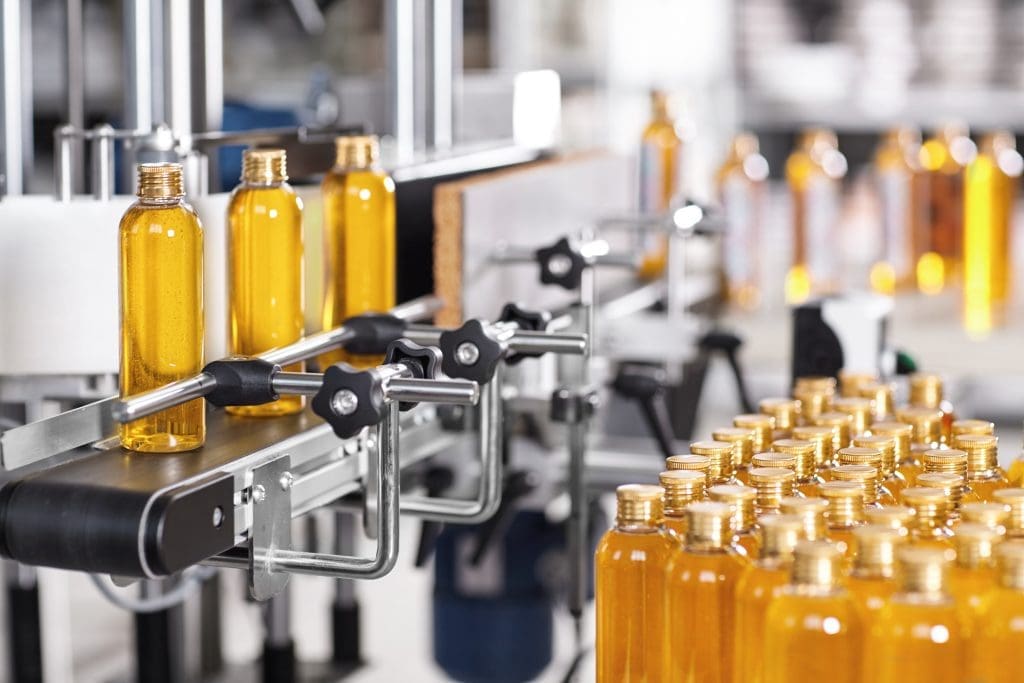
Choosing the right automated packaging options delivers measurable, real-world value across multiple operational levels. Key advantages include:
While chemical manufacturing is the obvious fit, industrial packaging solutions support a wide range of sectors, including:
Each of these sectors benefits from tailored automation strategies that ensure safety, compliance, and efficiency at every stage of the packaging process.
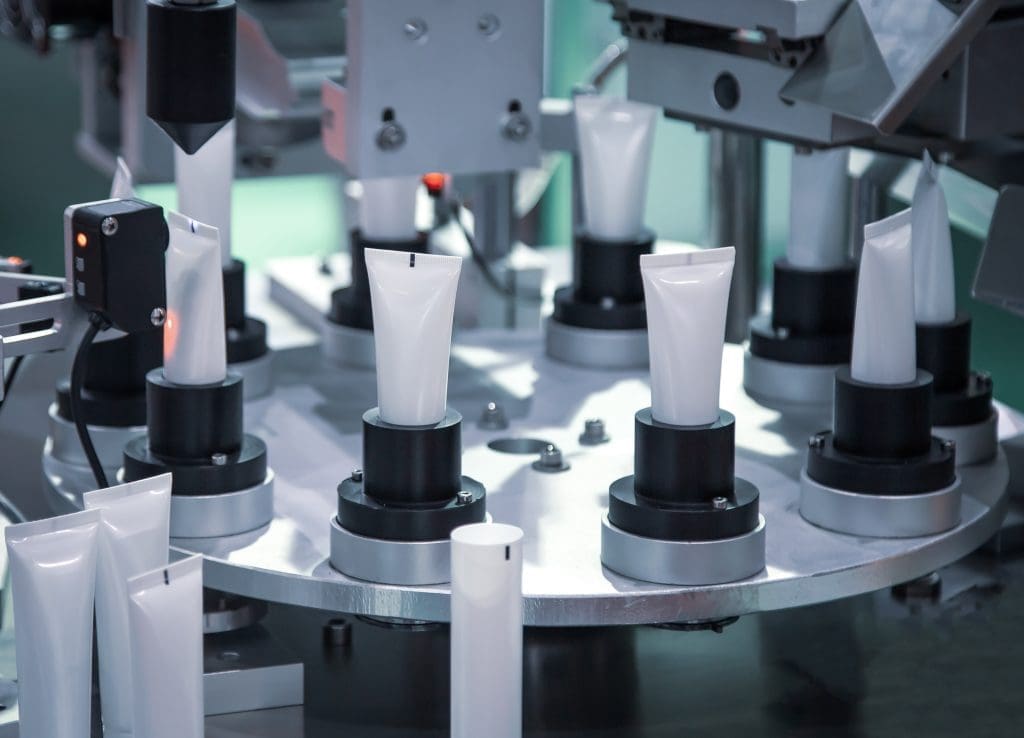
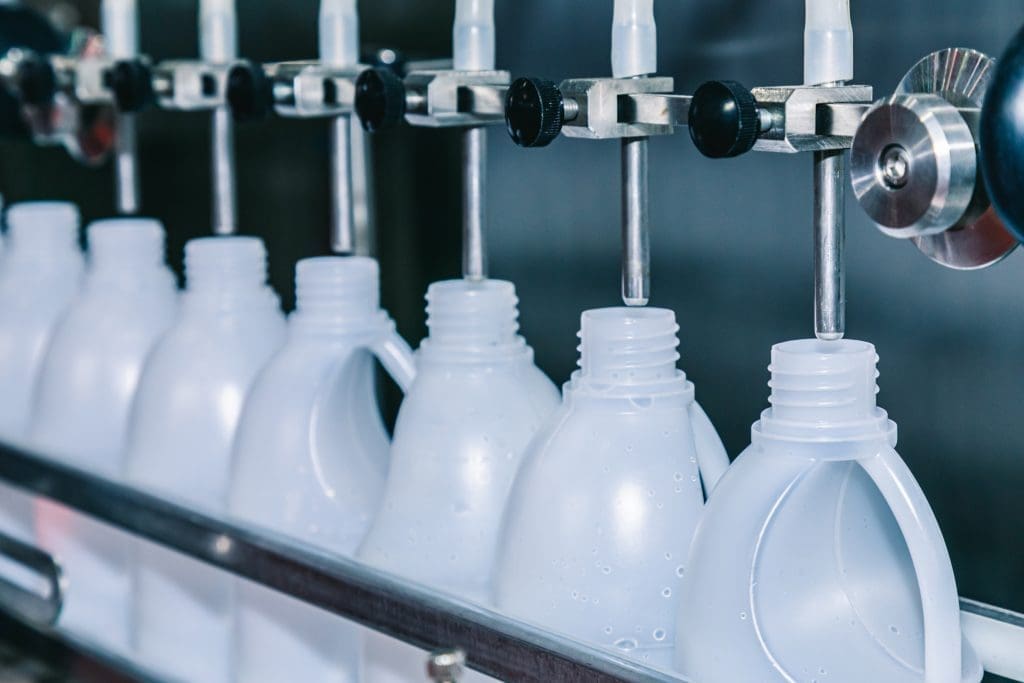
Packaging automation systems come in many forms, depending on the specific use case. Some of the most common types include:
CPS excels at system integration to provide enhanced performance and reliablity. These solutions can include such OEM’s as FANUC Robotics, Wexxar Packaging, and Texwrap Systems.
Whether packaging corrosive liquids in drums or microdosing powdered compounds into sachets, chemical packaging automation is adaptable across a variety of workflows:
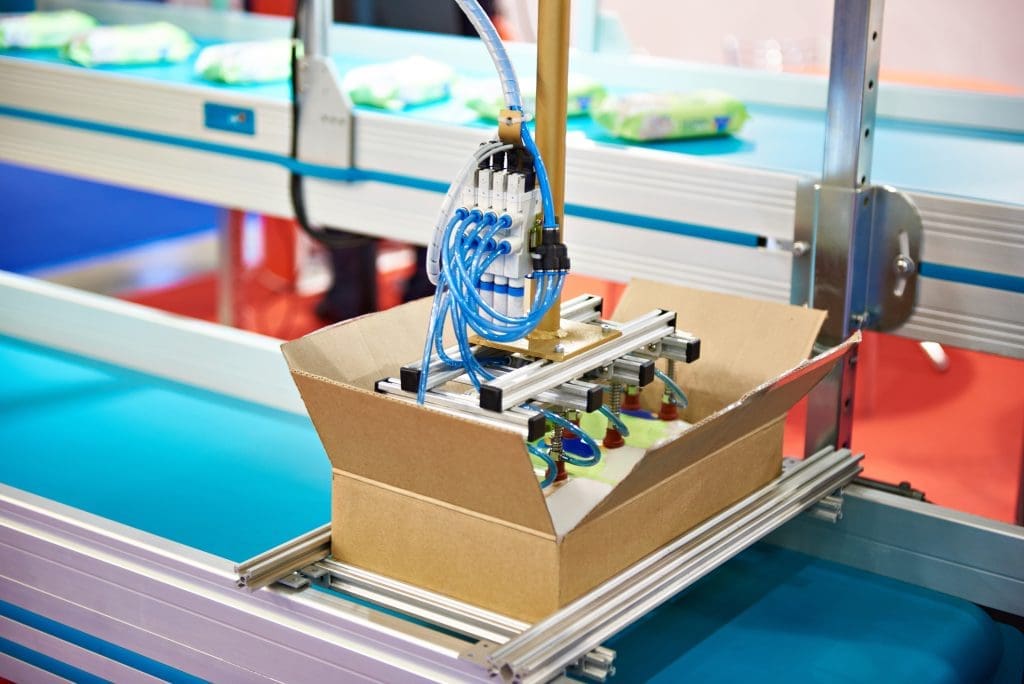
Buying standalone packaging machines can create inefficiencies, compatibility issues, and integration headaches. Working with a packaging system integrator, like us at Creative Packaging Solutions, ensures:
Creative Packaging Solutions is an authorized integrator for Wexxar Packaging and Texwrap Systems, combining trusted equipment with expert system design and implementation.
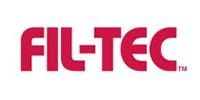



“The starter conveyor project has been installed and has been working to expectations for the last three – four months. The process from concept thru final install and commissioning was a very thorough and professionally managed project.”
— Terrence M. Spisak (President)
Seeking the ideal solution for your facility? Complete the form below to receive expert advice and system recommendations.
Curious about how industrial packaging solutions or chemical packaging automation might fit your operation? Below are answers to some of the most frequently asked questions by manufacturers and engineers exploring automated systems for their packaging lines.
Industrial packaging automation refers to the use of machinery to streamline packaging processes, including filling, sealing, labeling, and palletizing. It is widely used in chemical, food, and pharmaceutical industries to increase speed, reduce labor, and improve safety.
Sustainable packaging automation in the chemical industry ensures safe handling of hazardous materials, precise measurement, regulatory compliance, and reduced worker exposure, making operations safer and more efficient.
Examples include automated drum fillers, robotic case packers, powder bagging systems, and shrink bundlers for grouped chemical containers.
Key types include filling machines, capping machines, labeling systems, shrink wrappers, robotic palletizers, and case erectors. Integration of these systems ensures a continuous and optimized workflow.
Automation reduces labor expenses, minimizes material waste, increases production uptime, and enhances accuracy, all of which contribute to long-term cost savings.
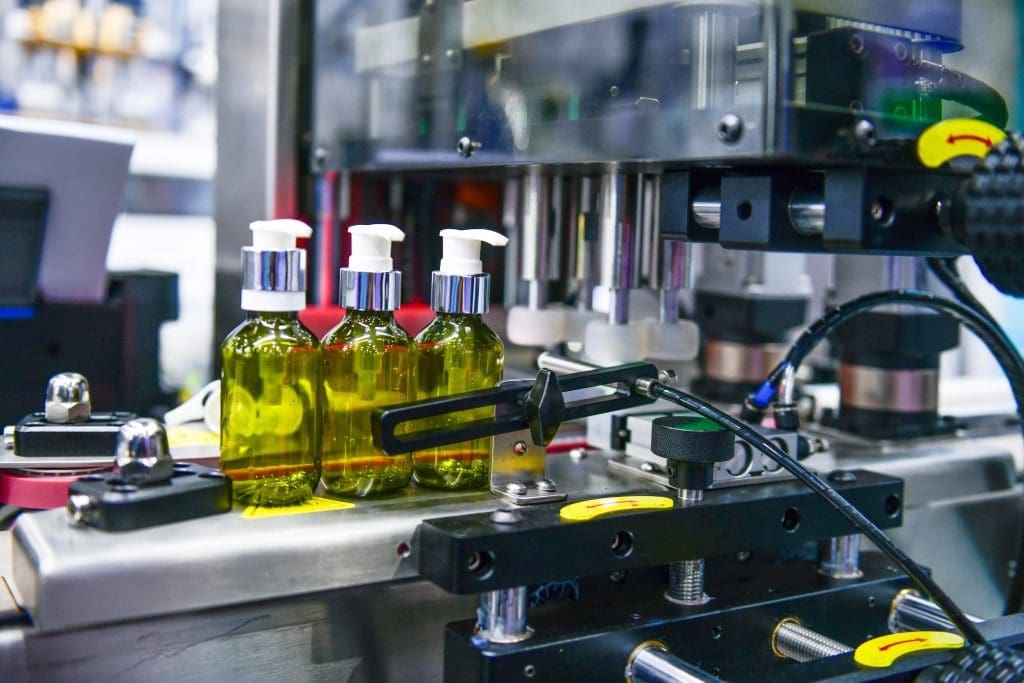
Explore the benefits of smarter, high quality automation. From durable product packaging to high-volume chemical processing, industrial packaging solutions can transform your operation. Contact us today to get a quote.